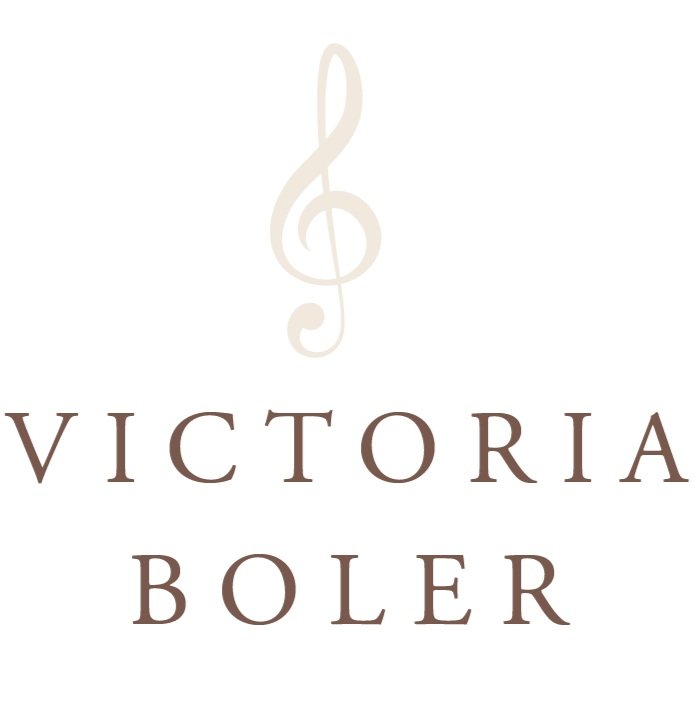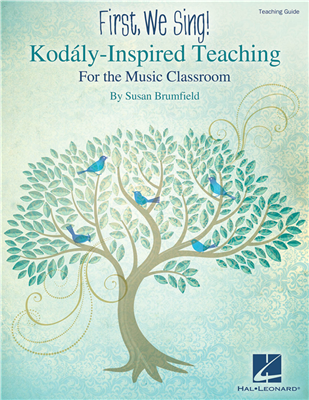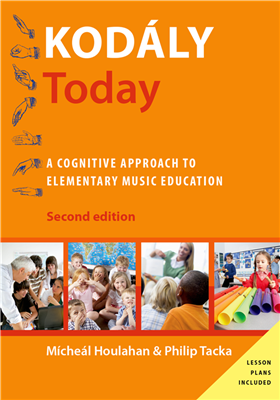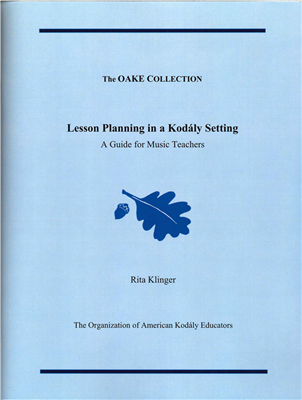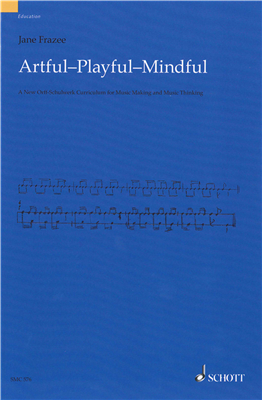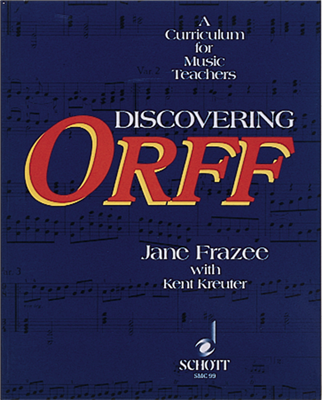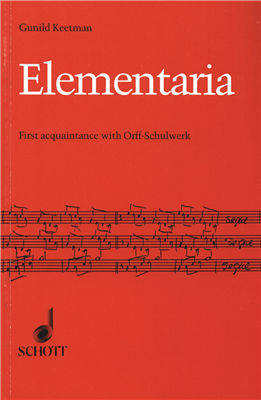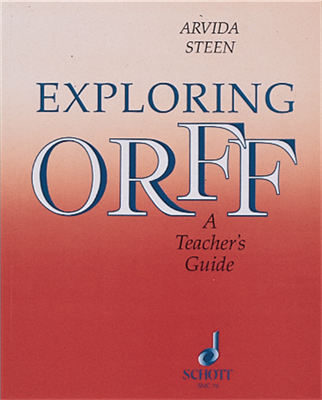3 Curriculum Outlines: Kodaly-Inspired, Orff-Inspired, and Beginning Student
There are so many different places you can start from when creating a Curriculum Outline.
A curriculum outline is a broad overview of your entire program, across all grade levels. It’s a zoomed out picture of what concepts you want to cover, and what grades will cover them.
I’ve written about a curriculum outline here and here already, so if you haven’t read those posts yet, be sure to check them out!
Today I’ll break down three possible approaches that might serve you and your students well this year.
These outlines are a part of the Planning Binder. The Planning Binder is a monthly subscription planning site where you see an intentional elementary music year planned out from start to finish. Each month new documents are added for you to use as a springboard for your own planning, including concept plans and monthly plans. You can check it out here!
Before we jump in, it’s important to note that every teacher, student, school, and program is different. These are three possible starting points to use in your own planning, so be sure to go to the Planning Binder where you can grab the editable templates and make changes as you need to.
1. A Possible Kodaly-Inspired Curriculum Outline
Here is one possible approach to a Kodaly-inspired curriculum outline.
Creating a Kodaly-Inspired Curriculum Outline
There are lots of resources out there when it comes to putting together a curriculum outline. Some resources you might use when putting together a Kodaly-inspired sequence are:
2. A Possible Orff-Inspired Curriculum Outline
When we look at an Orff-inspired sequence, we’ll find that much of the same material remains consistent between both philosophies.
Again, I use the word, “inspired” because every teacher has a unique approach to using this philosophy. What you see below is just one example of how the Orff approach might live in a curriculum outline.
You can click here to sign up for the Planning Binder and get the Google Doc version of this plan.
Creating an Orff-Inspired Curriculum Outline
Some resources you might use when putting together an Orff-inspired sequence are:
3. A Curriculum Outline for Beginners
There are plenty of reasons you might choose to start your whole student body at the beginning of a music curriculum.
Perhaps you are moving to a new school that doesn’t have a strong tradition of music literacy. Perhaps you are expecting a huge number of new students next year. Perhaps you are starting a new music approach or philosophy at your school and need students to refresh the basics so they have a strong foundation.
Whatever the case, here is just one solution to a curriculum outline for older beginners. In the Planning Binder you can add this outline to your drive and edit it as you need to for your unique students.
Notice that Kindergarten concepts are consistent with the Orff and Kodaly curriculum outlines from above.
As we move through the grade levels, I keep the basic essential concepts I need students to know, and add on concepts I think they can master. The two most important foundational concepts are the singing voice and steady beat.
In 3rd, 4th, and 5th grades, you’ll notice a fundamental change in the melodic sequence. Students in these grades start with mi re do instead of sol and mi, and are going to be expected to be able to move through the pentatone fairly quickly
Possible Starting Points
The sky is the limit when it comes to pulling resources for your own curriculum outline.
My hope is that these documents give you three solid reference points when creating your own curriculum outlines for your students.
Remember that these are only three possible starting points, and every teacher will make changes based on his or her unique classroom experience.
The Planning Binder has my personal curriculum outline if you’re interested in seeing how I apply these philosophies in my own teaching.
If you have questions or comments I’d love to hear from you! You can drop them below and I’ll look forward to reading them.
Happy teaching!
